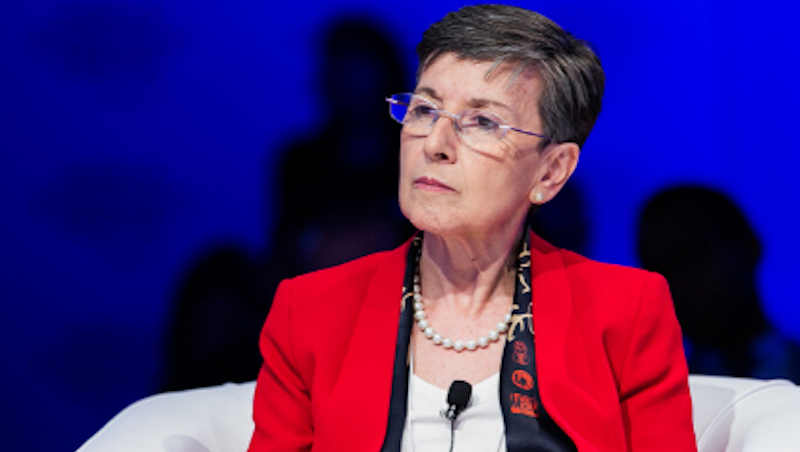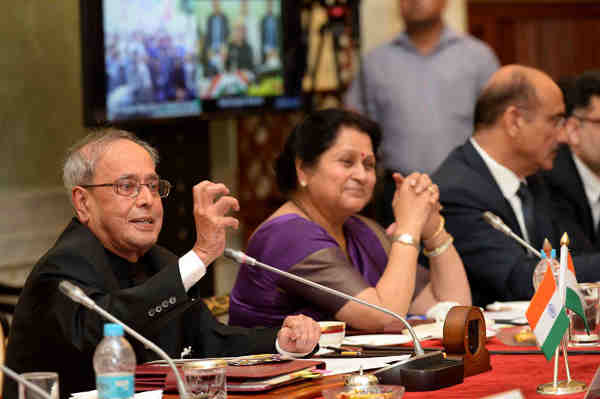India Among Top Corruption Exporting Countries: Transparency Report

India demonstrates little to no enforcement against companies bribing abroad. Although the country makes up 2.1 per cent of global exports, it neither opened nor concluded any investigations or cases of foreign bribery between 2016 and 2019.
These are among the findings of a new research report, Exporting Corruption, released on October 13, 2020 by global anti-corruption organization Transparency International.
Despite being a signatory to the UN Convention against Corruption since 2011, the report says, India has yet to criminalize foreign bribery.
In addition, according to the report, when it comes to combating domestic corruption, India lacks coordination between multiple investigative agencies and has been plagued by political interference, both of which are detrimental to foreign anti-bribery efforts.
The Transparency International report adds that high-profile investigations in India are delayed due to political interference. The Indian investigating agencies are short-staffed and many lack the skills to investigate white-collar crime and other economic offences.
The investigation of transnational crimes, especially those linked with corruption and money laundering, are delayed in India due to lack of timely coordination with foreign investigating agencies. This has long been an area of concern, but remains unaddressed to date, the report says.
Foreign bribery has huge costs and consequences for countries across the globe – and those costs have become more severe during the Covid-19 pandemic. With many cases of foreign bribery occurring in health care, we cannot afford for corruption to cost any additional lives, the report says.
|
Reasons for Corruption in India Corruption is increasing exponentially in India because most anti-corruption departments of the government such as the Central Vigilance Commission (CVC), anti-corruption ombudsman organizations Lokpal and the Lokayukta, state vigilance departments, and economic offences wings of police are apparently complicit in most corruption cases. Instead of taking action against the corrupt officials, they protect them. Moreover, these departments are full of unskilled investigating officers who lack communication skills and do not understand various aspects of white-collar financial crimes. In order to check corruption in India, these officers should be held accountable and punished for their failure to handle corruption cases. By Rakesh Raman |
“Money lost to foreign bribery wastes millions of dollars that could otherwise go to lifesaving services like health care. Too many governments choose to turn a blind eye when their companies use bribery to win business in foreign markets. G20 countries and other major economies have a responsibility to enforce the rules,” said Delia Ferreira Rubio, Chair of Transparency International.
The report rates the performance of 47 leading global exporters, including 43 countries that are signatories to the Organisation for Economic Co-operation and Development (OECD) Anti-Bribery Convention, in cracking down on foreign bribery by companies operating abroad.
Four leading non-OECD Convention exporters – China, Hong Kong SAR, India, and Singapore – are also covered in the report.






